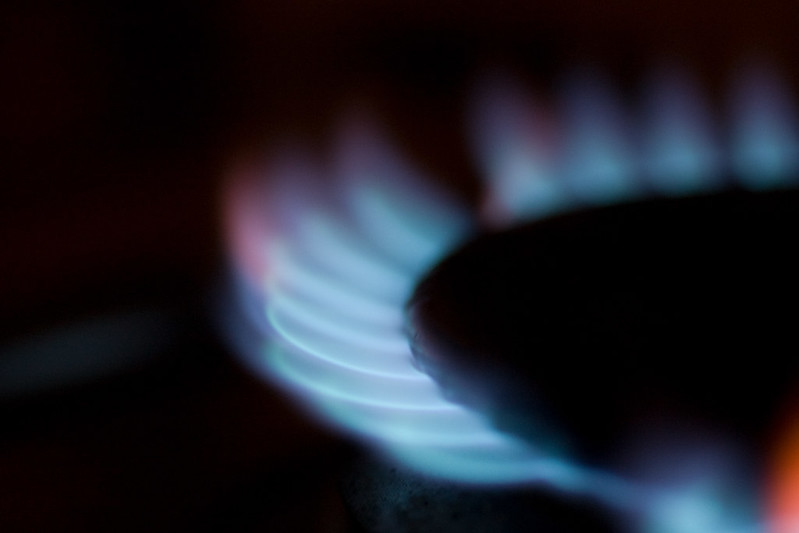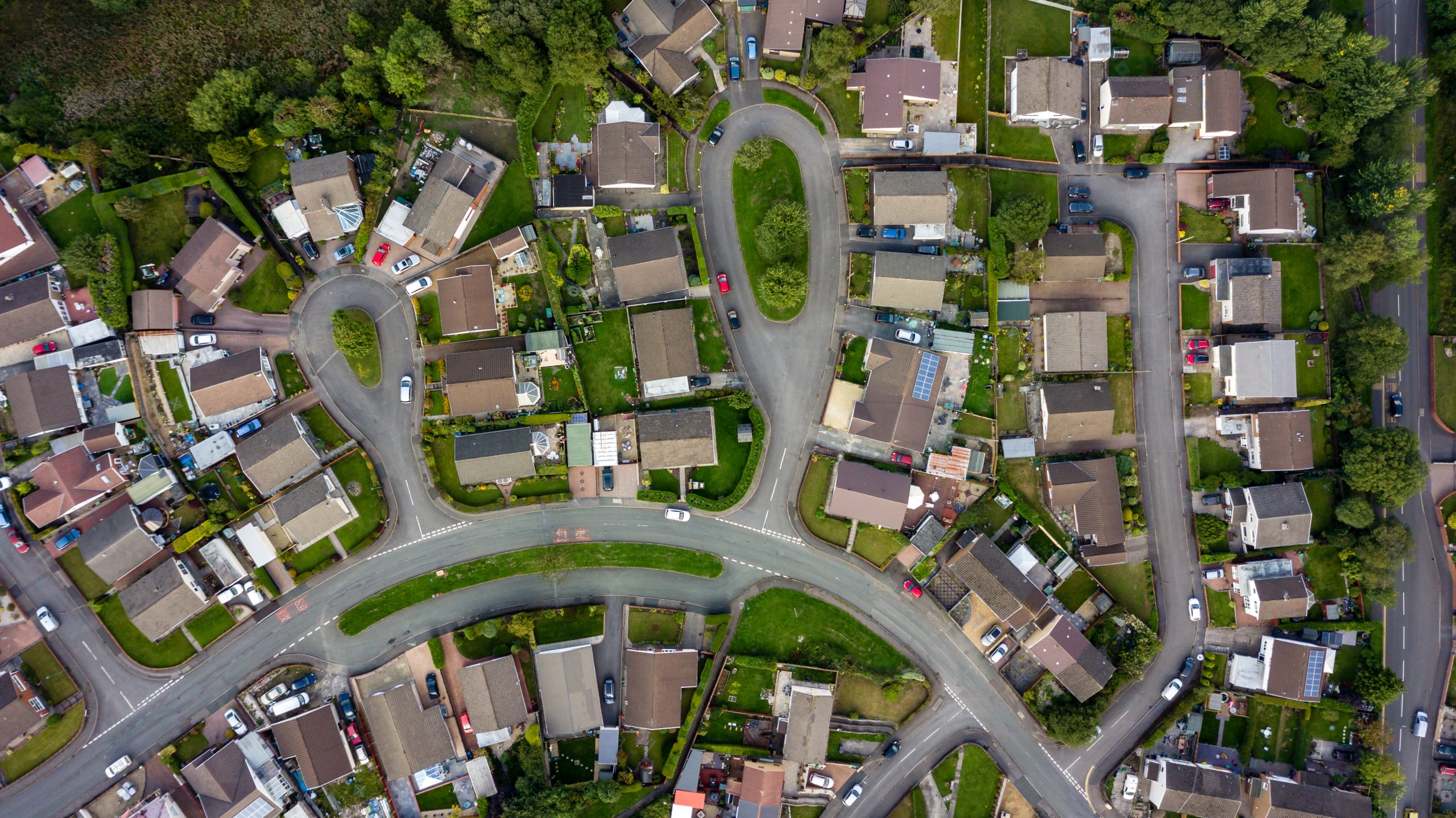Will Energy Price Rises Disproportionately Effect Scotland?

With the government’s recent announcement of the energy price increase, Housing Industry Leaders looks at how Strathclyde’s Centre in Glasgow has responded, and what this means for Scottish citizens.
OFGEM has announced a 54% rise in the energy price cap from 1 April, which will see average annual energy bills rising by £693 for those paying by direct debit and by £708 for prepayment customers.
With energy bills already accounting for a larger share of real incomes, those on the lowest incomes, many of whom are already in fuel poverty, will be the hardest hit.
While the Government has announced measures to soften and smooth the impacts of rising energy bills, more support will undoubtedly be required particularly for pensioners and low-income households.
April will also see a 1.25% rise in national insurance paid by employees, employers and the self-employed, reducing take-home pay and increasing labour costs across the economy, where labour shortages and a range of price pressures (including the energy price hike that had already begun late last year), are combining to exacerbate the wider cost of living and inflationary pressures.
The Bank of England has responded by doubling the base interest rate rise to 0.5%, with a further upward projection of the inflation prediction of 6% by springtime
With interest rates still at a now long term ‘emergency rate’ low (since the 2008 financial crisis), the impact, mainly falling on those with variable-rate mortgages, will exacerbate but be limited relative to energy bill impacts.
The Chancellor has acted to mitigate the cost-of-living impact of energy prices by announcing a set of measures.
These include an effective long term (five-year) loan of £200 in the energy bills of all UK households to be applied in October and an extension of the Warm Homes Discount scheme to cover three million households.
Further relief takes the form of a £150 council tax rebate in April for English band A-D households, with comparable funds allocated to devolved authorities, with discretion over how funds are used to mitigate energy bill impacts.
The University of Strathclyde’s Centre for Energy Policy works with research, government, and industry partners to understand and address the pressing public policy challenge of ensuring transitions to mid-century net-zero targets deliver sustainable and more equitable prosperity.
Strathclyde was awarded two Queen’s Anniversary Prizes for Higher and Further Education for excellence in energy innovation in 2020 and advanced manufacturing in 2022
In response to these announcements, the University of Strathclyde’s Centre for Energy (CEP) Policy’s Director, Professor Karen Turner, said: “The announcement on the energy price cap, adding hugely to already rising energy bills and exacerbating the wider cost of living pressures will be a blow for households across the UK, particularly those already struggling to heat their homes and pay for other basic goods and services.
Innovative and coordinated policy action will be required if the current spike in energy costs becomes more sustained through a combination of persistent supply challenges and the need to dramatically reduce emissions, where gas is increasingly becoming the global ‘transition fuel’ of choice.
“Here, the economic performance of our transitioning economy gains an increasing importance. Investment and action to deliver productivity and efficiency gains are more controllable from within the UK and will be crucial, alongside innovative approaches to things like energy storage, if cost and prices rises are to be limited and mitigated for people and businesses.”
Read more from Professor Karen Turner on the cost of living crisis and implications for net-zero, here.

